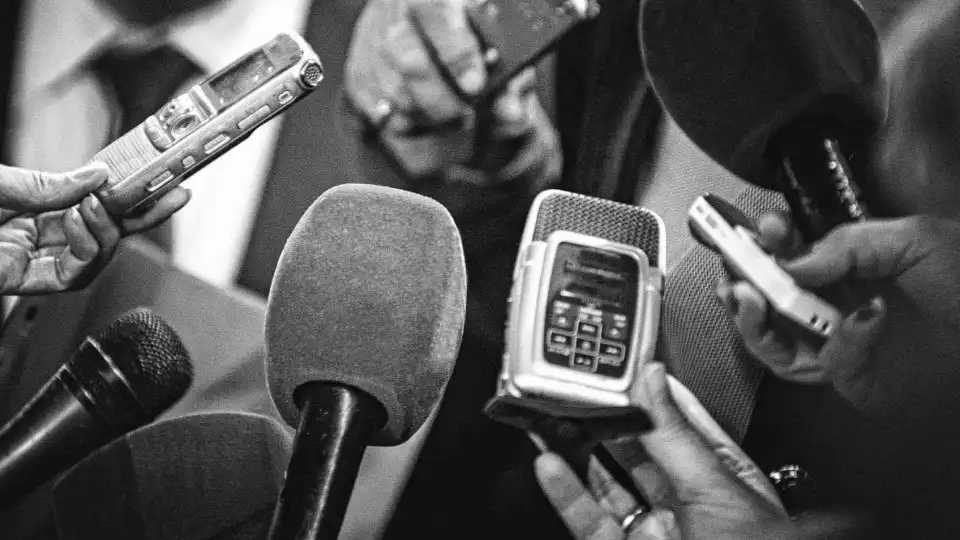CSI of São Tomé wants urgent intervention in social communication
The president of the Higher Council (CSI) of the São Toméan Press said today that the communication sector of the archipelago is in a bad way, and defended urgent intervention with training, allocation of resources and accountability to change the paradigm.

© Getty Images

Economia Imprensa
"It is true that the media sector in São Tomé and Príncipe is doing badly. Despite the various diagnoses, the state of affairs remains unchanged without a short-term resolution horizon, as the problems are well known to all," said Edmar Teixeira in his speech on the occasion of World Press Freedom Day, which is being celebrated today.
Teixeira stressed that freedom of the press, which is constitutionally enshrined, when "exercised with truth and responsibility, constitutes the basis of democracy and justice," contributing to "forming an opinion, developing constructive thoughts, educating and informing with truth, building bridges between people and institutions."
However, he warned that "this freedom is not absolute," insofar as it "clashes with the rights of others, namely the right to image, to a good name, and the right to privacy, and cannot be used frivolously by those who the State has entrusted to use it, under penalty of implying accountability."
The CSI president also stressed that freedom of the press "cannot be restricted by self-censorship, censorship, and political affinity, unconfessed interests, excessive demotivation, and personal opinions."
For Edmar Teixeira, in the São Tomé press, "the truth is threatened by disinformation and hate speech that seek to blur the lines between fact and fiction, between science and conspiracy, between mine and yours, thus contributing to the stratification of society that is intended to be cohesive and oriented towards social peace."
He added that both public and private, national and international bodies "contrast between the brilliance and professionalism of some and the lack of impartiality and fairness of others, which places these bodies in a situation of love and hate, urgently demanding that once and for all the wheat be separated from the chaff," and that continuous training, adequate material and technical means, and recognition be invested in so that they can "educate and inform with truth, impartiality, and fairness."
"Intervention in the media is urgently needed, as the allocation of material resources, appreciation of staff, dignification of the class of journalists and technicians, the transition from the analog to the digital system, the updating of legal mechanisms for monitoring and holding journalists accountable will undoubtedly contribute to the improvement of the media sector," stressed Edmar Teixeira.
In turn, São Tomé journalists from public bodies today considered that political influence has conditioned freedom of the press, associated with low wages and lack of resources, which the Government rejected, promising to improve working conditions.
"We are from a state body, we depend on the State, I think that there is a certain fear on our part, as media professionals, to disclose something, due to the lack of resources," said Hermínia das Neves, a journalist from Rádio Nacional, in statements to Lusa, on the occasion of World Press Freedom Day, which is being celebrated today.
However, the Minister of the Presidency of the Council of Ministers, who oversees the São Tomé media, Lúcio Magalhães, defended the "non-curtailment of the performance and conscience" of journalists and promised "the creation of decent working conditions for the exercise of the profession, namely better facilities and equipment, more and better training and qualification, better salary conditions."
Read Also: Trade union rights are at risk in São Tomé and Príncipe (Portuguese version)

Descarregue a nossa App gratuita.
Oitavo ano consecutivo Escolha do Consumidor para Imprensa Online e eleito o produto do ano 2024.
* Estudo da e Netsonda, nov. e dez. 2023 produtodoano- pt.com





